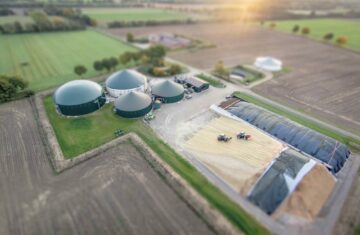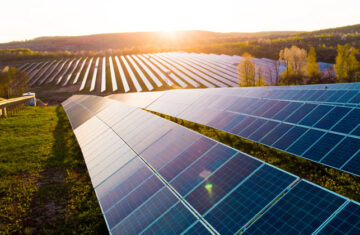A long-awaited report on the value of solar energy in the Cayman Islands has finally been released by the utilities regulator, OfReg. The Value of Solar Study (VOSS), which took two years to complete and remained confidential for an extended period, raises significant concerns about its relevance and applicability, as it is now over five years old. Despite its age, the report sheds light on substantial discrepancies in the compensation received by solar producers, which could affect the future of renewable energy in the region.
Commissioned by OfReg and conducted by the independent non-profit organization RMI, the VOSS highlights critical economic inequities for customers enrolled in the Core and Distributed Energy Resource (DER) programs. According to the report, these customers are losing out on at least 6 cents per kilowatt-hour of solar energy produced. Currently, the compensation rate for Core customers is set at 17.5 cents, significantly lower than the recommended rate of 24 cents established by the study.
This underpayment indicates that Cayman’s solar producers are not receiving fair compensation for the energy they contribute to the Caribbean Utilities Company (CUC) grid. The report further emphasizes the importance of rooftop solar installations in the transition away from fossil fuels, especially given the high land costs in the Cayman Islands.
The received wisdom in the energy sector suggests that utility-scale solar farms are the only feasible solution to meet the ambitious targets outlined in the National Energy Policy. However, the VOSS challenges this notion by advocating for a greater emphasis on rooftop solar systems. RMI’s executive summary asserts, “The sixteen variables considered in the VOSS study provide a comprehensive assessment of the overall value of distributed and utility-scale solar for the Cayman Islands.” This insight could be pivotal in guiding the country toward a more sustainable energy future.
Rooftop solar offers numerous advantages, including reduced transmission losses, lower installation costs, and the ability for homeowners to generate their own electricity. By harnessing local resources, the Cayman Islands could create a more resilient energy system that contributes to economic stability and environmental sustainability.

James Whittaker, president of the Cayman Renewable Energy Association (CREA), expressed satisfaction that this critical study has finally been released but voiced disappointment over the lack of transparency and the prolonged timeline for its public disclosure. “CREA first lobbied for this study to be carried out over five years ago. It then took approximately two years for it to be actioned by the regulator and almost three years to be released to the public after its completion,” he stated.
Whittaker highlighted that the delays were not caused by the current management and board of OfReg, indicating a systemic issue within the regulatory framework. He is hopeful that future studies will be conducted more swiftly and transparently, and that the expert recommendations will be adhered to in decision-making processes.
OfReg’s Interim CEO, Sonji Myles, acknowledged the report’s insights but distanced the regulator from its conclusions. “While the report offers valuable insights, the findings and conclusions don’t represent the official position or policy of OfReg,” Myles stated. He emphasized that any decisions arising from the study would need to take into account additional factors, including economic feasibility, consumer impact, and broader energy policy objectives.
In a move toward greater transparency, OfReg published the VOSS alongside a disclaimer, emphasizing that it should not be interpreted as binding or indicative of specific policy direction. This disclaimer further complicates the situation, as it leaves stakeholders unsure about how the findings will influence future regulatory decisions.
The release of the VOSS is a crucial moment for the renewable energy landscape in the Cayman Islands. As the country seeks to transition to cleaner energy sources, the findings of this report could serve as a pivotal reference point for future policy discussions. The discrepancies highlighted in the compensation rates for solar producers must be addressed to ensure that the local solar industry remains viable and attractive for investment.
Moreover, the report underscores the importance of establishing a transparent regulatory framework that can adapt to changing market conditions and technological advancements. Stakeholders, including solar producers, regulatory bodies, and the government, must engage in constructive dialogue to ensure that the value of solar energy is recognized and adequately compensated in the evolving energy landscape.
The delayed release of the Value of Solar Study raises critical questions regarding the compensation of solar producers in the Cayman Islands and the overall integrity of the regulatory process. As the region moves toward a more sustainable energy future, it is imperative that stakeholders work collaboratively to implement the report’s recommendations and establish a fair compensation structure that reflects the true value of solar energy. By doing so, the Cayman Islands can harness its abundant solar resources, reduce reliance on fossil fuels, and achieve the ambitious clean energy goals outlined in the National Energy Policy.



